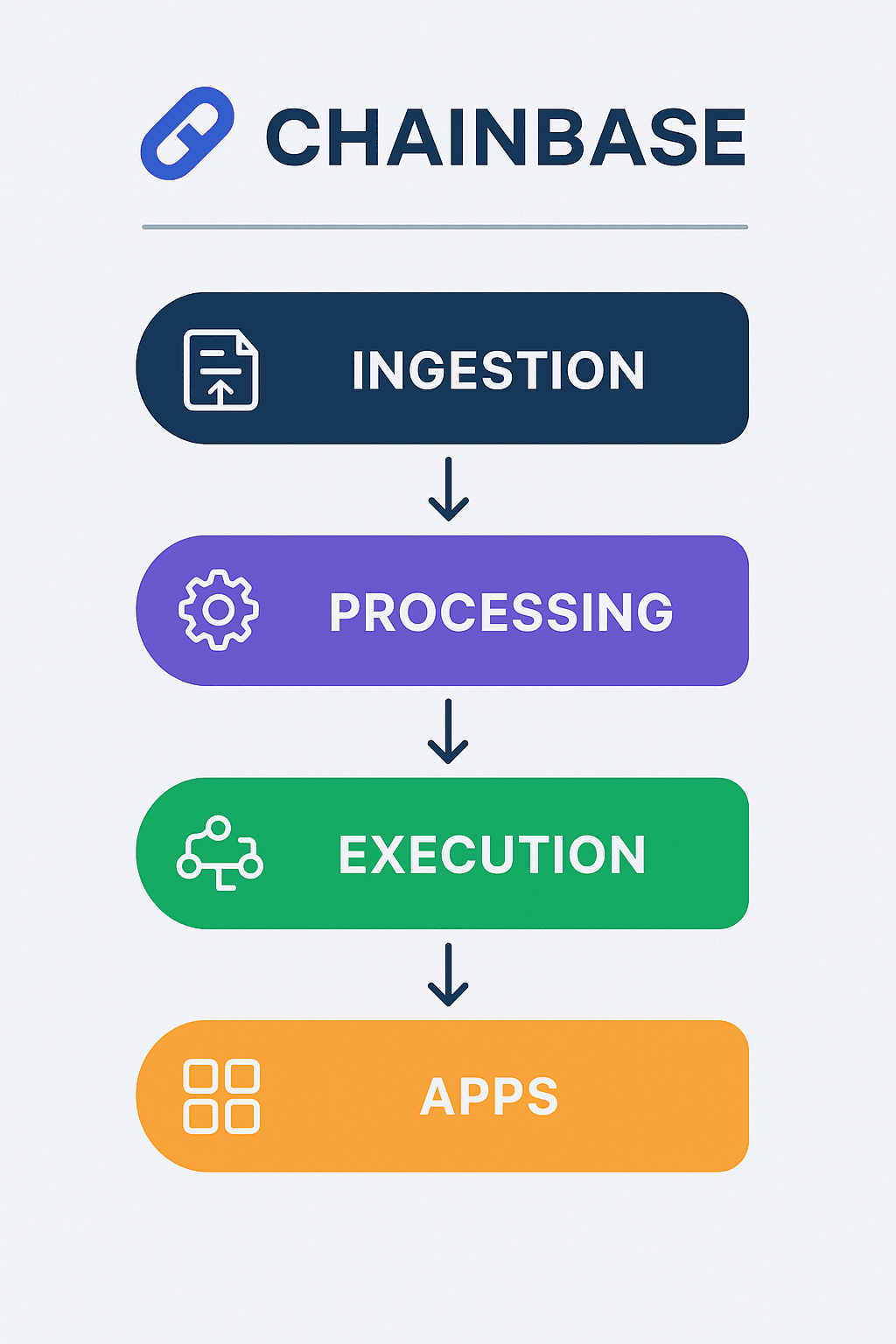Chainbase is turning Blockchain Noise into Smart Data

Chainbase is a Web3 data network that takes messy blockchain events and turns them into clean, ready to use datasets.
It launched its own token C to reward operators, support developers and grow the ecosystem.
The goal is to act as a “hyperdata layer” a trusted source of on chain information that AI models, apps and agents can easily use without needing to do heavy custom parsing.
The team says it has already indexed many blockchains, processed billions of data calls and built a strong community of developers.
How Does Chainbase Work?
Chainbase works in four simple layers
1. Data ingestion – collecting blockchain events.
2. Co-processing – cleaning and organizing the data.
3. Execution – preparing it for apps.
4. Consensus – making sure results are correct and trusted.
It uses a dual chain system is
A Cosmos style chain for governance.
An EigenLayer like restaking model on Ethereum for extra security.
Data is normalized into a manuscript format (like structured tables) so that apps can read the same clean data, instead of raw blockchain logs. This makes AI training faster and reduces bugs.
EVM and On Chain Analytics
Chainbase supports EVM compatible tools and provides APIs (RPC, REST, Streams) that fit into developer workflows.
Data tables can be sent directly to tools like Postgres, Snowflake or S3. Live products can also use low latency streams for real time dashboards.
Simplify
Think of Chainbase as a sensor system like the nervous system of Web3. It doesn’t just give raw data, it gives verified signals that apps and AI agents can trust.
Expert Views
Research shows that Chainbase’s design focuses on verifiable and composable data.
Analysts like its standardized datasets for AI but note challenges such as competition from centralized indexers and execution risks.
Experts suggest teams focus on dataset quality, data origin and cost when building real world products.

Early use cases
They include MEV tools, L2 explorers and AI driven agent protocols. For teams testing Chainbase, three numbers matter most
1. Query latency (how fast data arrives).
2. Dataset size (how much data you can use).
3. Monthly cost vs self hosting (is it cheaper than running your own indexers?).
Those three numbers will help decide whether Chainbase is the right fit. @Chainbase Official $C
